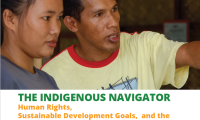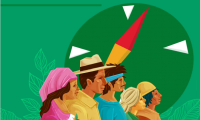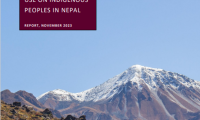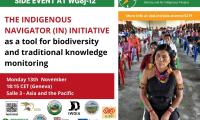United Nations Statistics Division Expert Group Meeting on Citizen Generated Data
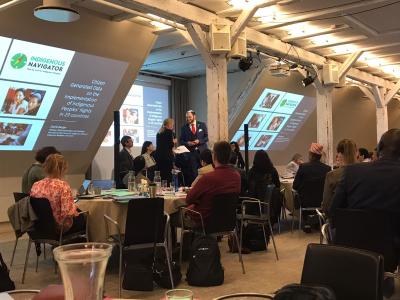
The Indigenous Navigator at the UNSD Expert Group Meeting: Advocating for Citizen Generated Data and Indigenous Rights
The Indigenous Navigator, a global initiative led by a consortium of Indigenous Peoples’ organizations and their partners, participated in the United Nations Statistics Division (UNSD) Expert Group Meeting on Citizen Contributions to Data in Copenhagen on 28-29 September 2023. The meeting aimed to develop a conceptual framework for understanding and harnessing citizens contributions and initiatives to data production and use for public policy and SDG monitoring. The Indigenous Navigator shared its experience and insights on how citizen-generated data (CGD) can support the rights and well-being of indigenous peoples.
What is Citizen-Generated Data?
Citizen-generated data (CGD) is data that is produced by individuals or groups of people, often in collaboration with other stakeholders, such as national statistical offices, scientists, civil society organizations, or human rights institutions. CGD can be used to fill data gaps, especially for marginalized groups, to inform policies and programs, to raise awareness and mobilize action, and to enhance transparency and accountability.
Why CGD Matters to the Indigenous Navigator
The Indigenous Navigator is committed to promoting, protecting, and defending the rights of indigenous peoples worldwide. The initiative at its heart is designed and developed by and for Indigenous Peoples themselves. As a result, we see CGD as a powerful tool to achieve our mission, as it aligns with our vision of empowering Indigenous Peoples to collect and use their own data, based on their own priorities and perspectives. Through our work with Indigenous communities in more than 25 countries, we have witnessed the transformative potential of CGD in action, and its crucial role in addressing data gaps.
The Indigenous Navigator is an innovative project that enables indigenous peoples to monitor the implementation of their rights at the local and national level, using a set of indicators aligned with the UN Declaration on the Rights of Indigenous Peoples (UNDRIP) and the SDGs. The data collected by Indigenous communities is used to inform local policies and programs, as well as to advocate for their rights at the national and international levels. The Indigenous Navigator also enhances ownership and awareness among Indigenous Peoples, transforming them from passive recipients of policies into active agents of change.
Challenges and Opportunities for CGD
The Indigenous Navigator’s engagement in the UNSD Expert Group Meeting highlighted the challenges and opportunities for CGD in supporting Indigenous rights. Some of the challenges include the lack of trust between state and non-state actors, the concerns about quality and sustainability of CGD, and the capacity gaps among different stakeholders. Some of the opportunities include the recognition of CGD as a valuable source of data for SDG monitoring, the potential of CGD to complement official statistics and fill data gaps, and the role of CGD in enhancing participation and representation of Indigenous Peoples in decision-making processes.
Looking ahead
As the Indigenous Navigator reflects on the discourse and dialogue at the UNSD Expert Group Meeting, we believe that CGD is a key tool for advancing Indigenous rights and empowering Indigenous voices. However, it must be done with respect and with awareness of Indigenous Peoples' own initiatives and self-determination.
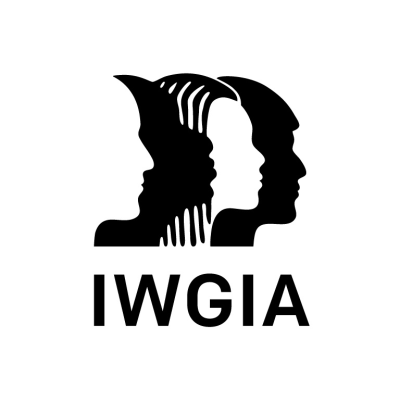
Contact

